Why Look for Apache Flume Alternatives?
Apache Flume has an important role to play in data ingestion, renowned for its ability to efficiently collect, aggregate, and move large volumes of log data across distributed systems. However, as data management needs to evolve and diversify, exploring alternatives to Apache Flume becomes increasingly relevant.
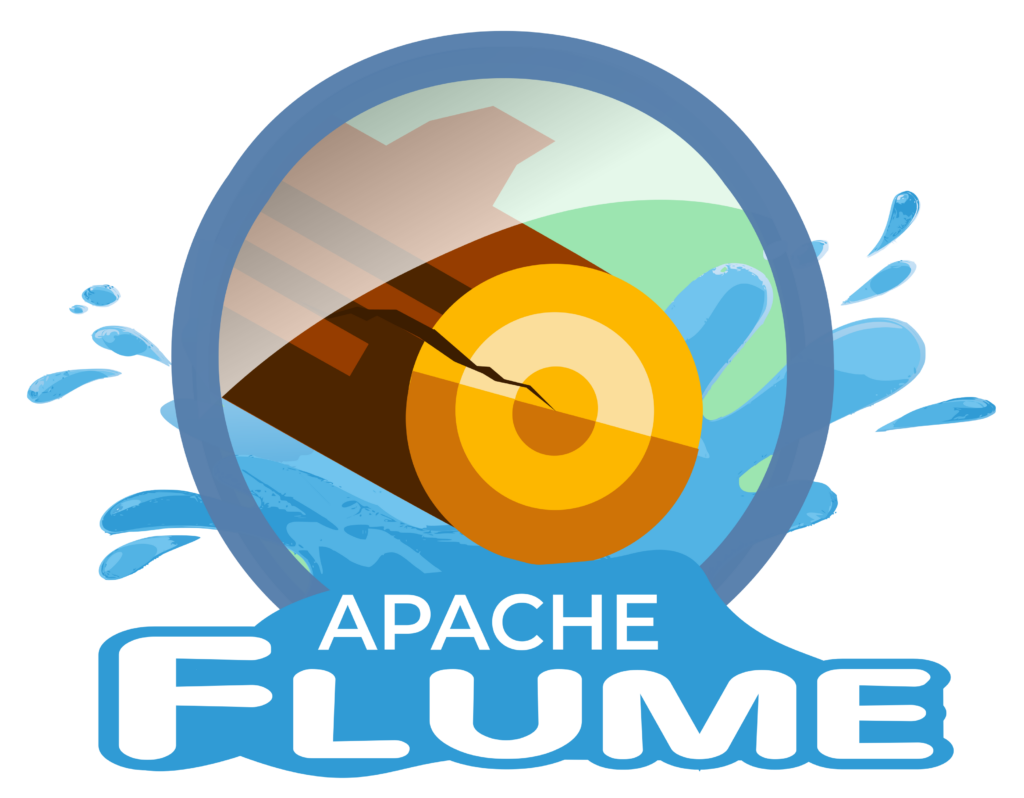
This article delves into a selection of robust alternatives that cater to various data processing and management requirements. From real-time stream processing to comprehensive log management and beyond, each alternative offers unique features and capabilities that address specific challenges in today’s data-driven landscape.
Whether you’re looking to enhance real-time analytics, streamline data workflows, or optimize resource utilization, understanding these alternatives provides valuable insights into choosing the right tool for your data integration needs.
- Apache Spark
- Logstash
- Apache Storm
- Apache Kafka
- Apache Flink
- Apache NiFi
- Papertrail
- ELK
- Graylog
- Splunk
- Fluentd
- StreamSets
- Sqoop
- Chukwa
- Apache Camel
- Debezium
- AWS Glue
1. Apache Spark
Apache Spark is an open-source data analytics tool renowned for its capabilities as a unified analytical engine designed for large-scale data processing. It stands out in various domains including batch processing, real-time stream processing, interactive queries, and machine learning applications.

Operating seamlessly on platforms like Hadoop YARN, EC2, and Apache Mesos, Apache Spark offers significant advantages over traditional frameworks such as Apache Hadoop, particularly in terms of processing speed and efficiency.
Ideal for handling distributed SQL-like applications, Apache Spark provides a unified platform to address diverse big data challenges. Additionally, one of its standout features is its robust in-memory computation capabilities, which enable it to efficiently process data from multiple sources, including Hadoop Distributed File System (HDFS), Hive, HBase, Cassandra, and any Hadoop InputFormat.
This versatility makes Apache Spark a preferred choice for organizations seeking high-performance data processing solutions that can seamlessly integrate with existing big data ecosystems.
2. Logstash
The Apache flume alternative Logstash is a powerful open-source tool designed to dynamically transform and prepare data, regardless of its format or complexity. It excels in the ingestion, transformation, and shipping of data, offering seamless handling without the need for format or complexity concerns.

Using its robust capabilities like Grok, Logstash effectively derives structure from unstructured data and can geolocate coordinates from IP addresses. It also provides features to exclude or anonymize sensitive fields, simplifying data processing workflows significantly.
Logstash’s filters play a crucial role in parsing each event as data flows from source to storage. By identifying and naming fields, these filters ensure that data is structured uniformly and ready for more advanced analysis. This structured approach not only enhances data consistency but also facilitates more powerful analytics, thereby enabling organizations to derive meaningful business insights.
As a versatile tool for managing logs and events, Logstash serves various purposes including log collection, parsing, and storage for future reference. Its flexibility and scalability make it an essential component in modern data pipelines, supporting organizations in efficiently managing and utilizing their data resources.
3. Apache Storm
Apache Storm stands out as a robust open-source real-time computation system and distributed computing platform, specifically designed to handle the complexities of processing unbounded data streams—data that flows continuously without a definitive end point. Its versatility allows seamless integration with any programming language, making it accessible and adaptable for a wide range of applications.
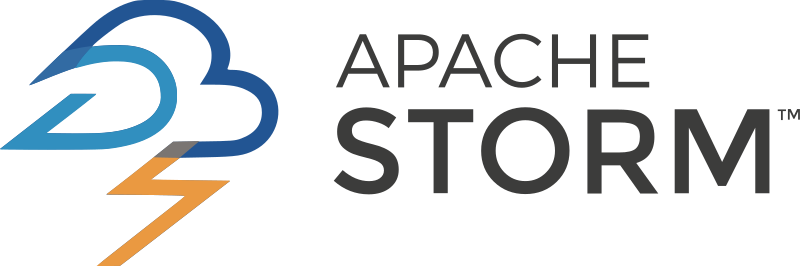
As a leading tool in the realm of real-time analytics, ETL (Extract, Transform, Load), continuous computation, and online machine learning, Apache Storm is celebrated for its exceptional speed, fault tolerance, and scalability. These attributes ensure consistent and reliable processing of data streams, even under demanding conditions.
Moreover, Apache Storm offers extensive compatibility with existing database technologies, enabling organizations to leverage their current infrastructure while enhancing real-time data processing capabilities.
Apache Storm’s ability to manage continuous data streams effectively positions it as a cornerstone in modern data processing architectures, empowering businesses to derive actionable insights swiftly and efficiently from streaming data sources. Its robust feature set and integration capabilities make it an indispensable tool for organizations seeking to harness the power of real-time data analytics and computation.
4. Apache Kafka
Apache Kafka is a powerful distributed publish-subscribe messaging system known for its role as an open-source distributed streaming platform. Functioning as a robust queue, it excels in handling large volumes of data, enabling seamless message passing between endpoints.
This versatile platform is well-suited for both offline and online message consumption scenarios. It serves as an ideal foundation for constructing real-time streaming data pipelines and applications.

These pipelines facilitate the seamless transfer of data between various applications or systems, enabling real-time streaming applications to effectively transform or react to incoming data streams.
Apache Kafka’s integration capabilities extend its utility further by enabling collaboration with other powerful tools such as Apache Storm and Apache Spark. This integration empowers organizations to leverage real-time streaming data analysis capabilities seamlessly within their existing data processing frameworks.
By combining Kafka’s high-throughput, low-latency messaging with the analytical prowess of Storm and Spark. Businesses can derive actionable insights swiftly from streaming data sources. This allows for enhancing decision-making and operational efficiency.
5. Apache Flink
This Apache flume alternative Apache Flink stands out as an advanced open-source streaming platform recognized for its robust capabilities in data ingestion and resilience in handling failures. Renowned for its scalability, speed, and reliability, Apache Flink serves as a versatile engine for large-scale data processing.
Supporting a unified approach to both batch and real-time stream analytics, Apache Flink operates seamlessly within a single system. It can process events at exceptionally high speeds with minimal latency.

Its versatility extends across various data processing paradigms, including batch processing for large data sets, interactive processing for ad-hoc queries, real-time stream processing for continuous data streams, graph processing for complex network analyses, iterative processing for machine learning algorithms, and in-memory processing for rapid data retrieval and analysis.
As an open-source framework, Apache Flink offers rapid and adaptable data analytics capabilities within clustered environments. Its ability to handle diverse processing tasks with efficiency and speed makes it a preferred choice for organizations seeking to leverage streaming data for real-time insights and actionable intelligence.
Apache Flink has a robust feature set and seamless integration. With existing infrastructure further enhances its appeal as a comprehensive solution for modern data processing challenges.
6. Apache NiFi
Apache NiFi is a versatile and intuitive system known for its robustness, reliability, and user-friendly design. It is specifically designed for efficient data processing and distribution. Apache NiFi is a versatile and intuitive system known for its robustness, reliability, and user-friendly design. It is specifically designed for efficient data processing and distribution.
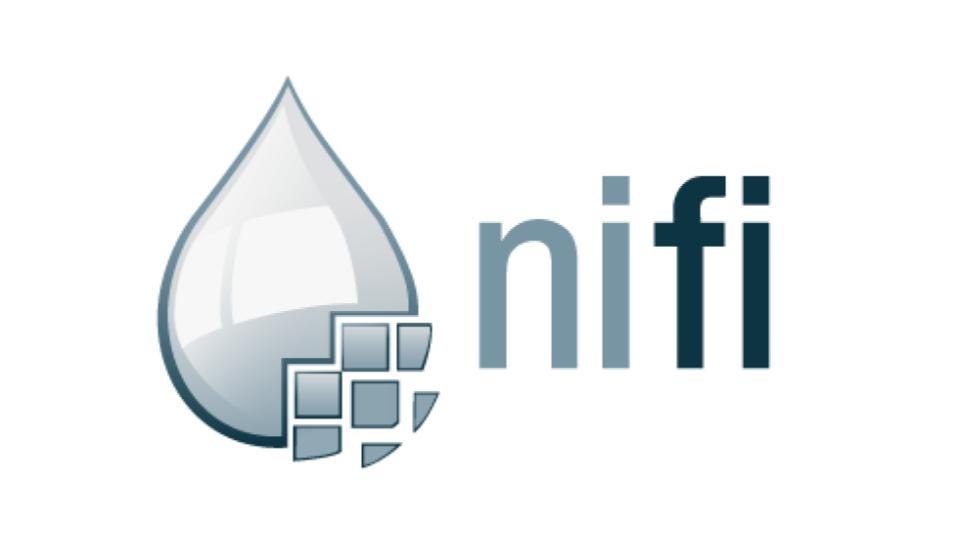
Tailored to automate the flow of data across diverse systems, Apache NiFi provides a sophisticated web-based interface. It allows users to effortlessly create, monitor, and manage complex data flows. The NiFi data flow architecture is characterized by its high level of customizability. This allows dynamic modifications to data processing logic during runtime to accommodate changing data requirements and operational needs.
With its emphasis on scalability and ease of use, Apache NiFi serves as a robust solution for organizations seeking to streamline data integration and orchestration processes. Its ability to handle intricate data routing scenarios and adapt in real-time makes it indispensable for managing data workflows across heterogeneous environments effectively.
Apache NiFi’s comprehensive feature set and intuitive interface make it a preferred choice among data engineers and developers. They aim to optimize data management and distribution workflows with minimal overhead.
7. Papertrail
This apache flume alternative Papertrail stands out as a comprehensive hosted log management tool. It can streamline the monitoring and analysis of logs from servers, cloud services, and applications. This platform excels in aggregating a wide array of log types including app logs, Syslog, and text log files into a centralized repository. This will facilitate efficient detection, resolution, and prevention of infrastructure issues through detailed log messages.
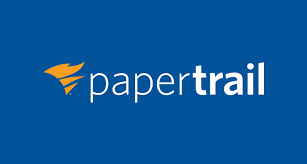
One of the standout features of Papertrail is its rapid log search capabilities, allowing users to sift through extensive volumes of logs within seconds. This functionality not only enhances operational efficiency but also provides immediate visibility into system performance and potential issues.
With an intuitive interface that is easy to deploy, use, and comprehend, Papertrail ensures that users can quickly gain insights and monitor the health of their systems.
Papertrail’s strength lies in its robust integration capabilities, seamlessly interfacing with existing services and tools to enhance overall operational workflows. By consolidating diverse log sources into a unified platform, Papertrail empowers organizations to effectively manage and analyze their log data. This allows them to improve troubleshooting efficiency, optimize system performance, and ensure reliable service delivery across their infrastructure.
8. ELK
ELK, which stands for Elasticsearch, Logstash, and Kibana, represents a powerful and integrated log management solution. The ELK stack originated with Elasticsearch, widely recognized for its capabilities as a robust search and analytics engine. It has evolved to incorporate Logstash and Kibana to enhance its functionality further.
Logstash serves as a versatile server-side data processing pipeline within the ELK stack. It facilitates the simultaneous ingestion of data from multiple sources, applies transformations as necessary, and then routes the processed data to a storage “stash” such as Elasticsearch.

This pipeline ensures that data can be efficiently prepared and structured for analysis and storage within the ELK ecosystem.
Kibana complements Elasticsearch and Logstash by offering advanced visualization and exploration capabilities. Specifically, as a powerful data visualization tool, Kibana enables users to create interactive charts, graphs, and dashboards that provide insightful representations of data stored in Elasticsearch.
This visualization capability not only enhances data understanding but also facilitates real-time monitoring and analysis. This makes it an invaluable component of the ELK stack for data-driven decision-making and operational insights.
9. Graylog
Graylog stands as a robust open-source log management platform tailored for the comprehensive collection, indexing, and analysis of both structured and unstructured data sourced from diverse origins. Using a foundation built on Elasticsearch, MongoDB, and Scala, Graylog excels in handling large-scale data processing and visualization tasks.
At the core of Graylog is its main server, which acts as a centralized hub for receiving data from client installations deployed across multiple servers. This architecture enables seamless aggregation of logs and data, which can then be accessed and visualized through an intuitive web interface provided by Graylog. This interface empowers users to gain deep insights into system performance and behavior based on the consolidated log data.

Graylog’s capabilities extend beyond basic log aggregation and visualization. When integrated effectively with web applications, it facilitates granular analysis of system behavior. This allows engineers to delve into detailed metrics down to the level of individual lines of code.
This level of granularity is crucial for identifying performance bottlenecks, debugging issues, and optimizing application performance.
One of Graylog’s standout features is its powerful query language, which enables users to perform complex searches across vast volumes of log data efficiently. Consequently, this capability is instrumental in uncovering critical insights and trends hidden within terabytes of log data. As a result, this process supports proactive monitoring, troubleshooting, and decision-making processes within organizations.
10. Splunk
The apache flume alternative Splunk stands as a comprehensive software platform meticulously. It can search, analyze, and visualize machine-generated data. This data might originate from a diverse array of sources including applications, websites, devices, and sensors.
Renowned for its robust capabilities in log management, Splunk serves as a pivotal tool for organizations seeking to harness the power of data for actionable insights and operational intelligence.

One of Splunk’s key strengths lies in its ability to automatically ingest data from various sources and accommodate multiple formats such as .csv files, configuration files, and JSON data. This capability facilitates seamless integration and rapid deployment within complex IT environments. It will ensure that data can be collected and analyzed in real-time without unnecessary complexity.
Splunk’s feature-rich platform encompasses a wide range of functionalities essential for effective data management and analysis. These include advanced searching capabilities, sophisticated data analysis tools, customizable reporting features, and intuitive data visualization options.
These functionalities collectively empower users to derive meaningful insights, identify trends, and gain actionable intelligence from machine-generated data. Consequently, this will enhance decision-making and operational efficiency across organizational workflows.
Splunk continues to evolve as a preferred choice for enterprises and organizations looking to streamline log management processes. This will proactively monitor system health and performance, and mitigate operational risks.
Its comprehensive suite of tools and its reputation for reliability make Splunk a cornerstone in modern data analytics and operational intelligence solutions, driving value and innovation in data-driven environments.
11. Fluentd
Fluentd is an open-source data collector that unifies data collection and consumption across different sources and destinations. Key features include efficient log data collection, data processing capabilities, and support for a wide range of plugins and integrations.

Its pros include high performance, an extensive plugin ecosystem, and ease of deployment. The cons may include a learning curve for more complex configurations.
12. StreamSets
This Apache flume alternative StreamSets is a data operations platform with a visual interface for designing, executing, and monitoring data pipelines. Key features include a drag-and-drop pipeline designer, real-time data processing, and data drift detection capabilities.
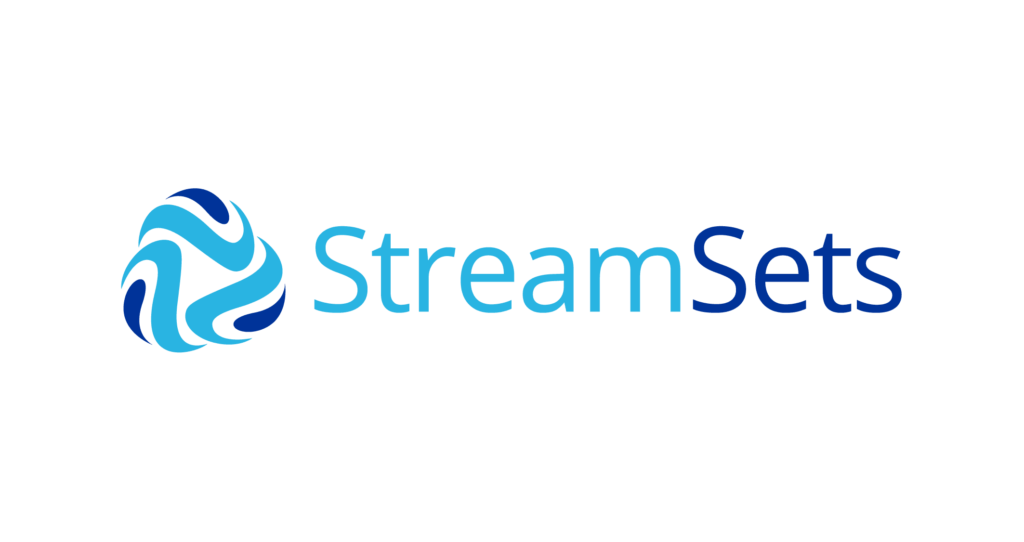
Its pros are ease of use, real-time data processing capabilities, and support for a wide range of data systems. While cons may include limitations in data transformation features compared to more specialized tools.
13. Sqoop
Apache Sqoop is a tool designed for efficiently transferring bulk data between Apache Hadoop and structured data stores. Key features include support for incremental data transfer, parallel data transfer, and integration with Hadoop ecosystem components.
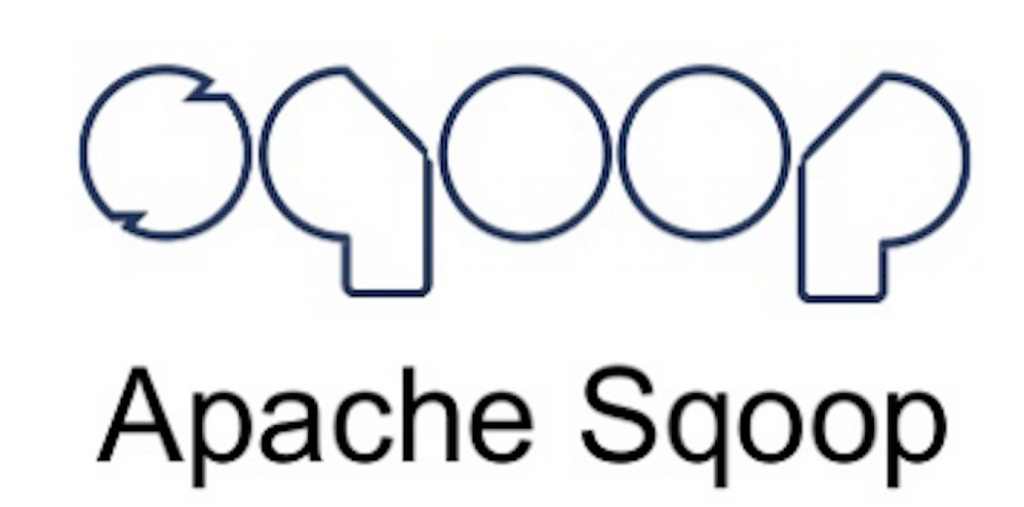
Its pros include seamless integration with Hadoop, efficient data transfer mechanisms, and support for various data sources. However, its cons may include limited support for real-time data processing and transformation.
14. Chukwa
Apache Chukwa is a data collection and monitoring system designed for monitoring large distributed systems. Key features include a flexible and extensible architecture, support for distributed data collection, and, additionally, visualization tools for monitoring system metrics.
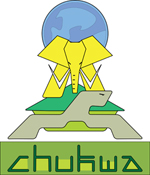
Its pros are scalability, extensibility, and integration with Hadoop ecosystem components. Cons may include a focus on system monitoring rather than general-purpose data ingestion.
15. Apache Camel
Apache Camel is an open-source integration framework providing a rule-based routing and mediation engine for processing message-based data. Key features include a wide range of components and data formats, support for various messaging systems. It also supports easy integration with enterprise systems.

Its pros include a rich set of components, flexible routing capabilities, and strong community support. However, cons may include a learning curve for beginners and limited real-time processing capabilities.
16. Debezium
Debezium is an open-source platform for change data capture (CDC) that captures and streams database changes in real-time. Key features include support for various databases, high performance, and reliable data delivery.
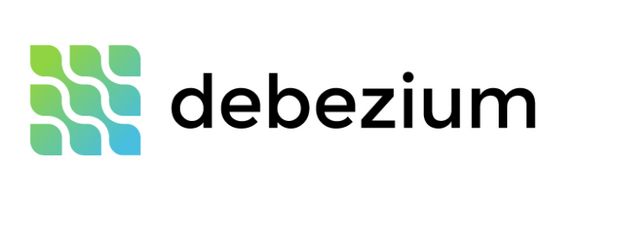
Its pros are real-time data streaming capabilities, minimal impact on source systems, and support for popular databases. The cons may include limited support for data transformation and processing.
17. AWS Glue
AWS Glue is a serverless data integration service from Amazon Web Services. It enables users to extract, transform, and load (ETL) data for analytics and data warehousing. Notably, key features include automatic schema discovery, data cataloging, and job scheduling capabilities. Consequently, AWS Glue streamlines the data integration process, making it more efficient and user-friendly.

Its pros include a serverless architecture, seamless integration with AWS services, and high scalability. The cons are limited support for non-AWS data systems and potential cost considerations.
[Want to learn more Apache flume alternatives for your business? Click here to reach us.]
Conclusion
In conclusion, exploring alternatives to Apache Flume unveils a spectrum of powerful tools suited to diverse data management needs. From the real-time capabilities of Apache Spark and Apache Flink to the versatile log management solutions like Logstash and Splunk, each alternative offers distinct advantages.
Organizations seeking reliable Apache support services, such as those provided by Bobcares, can benefit from specialized expertise in deploying and managing these tools. Whether optimizing data pipelines with Apache Spark or ensuring seamless log aggregation with Splunk, Bobcares offers tailored solutions to enhance operational efficiency and data management capabilities.




0 Comments